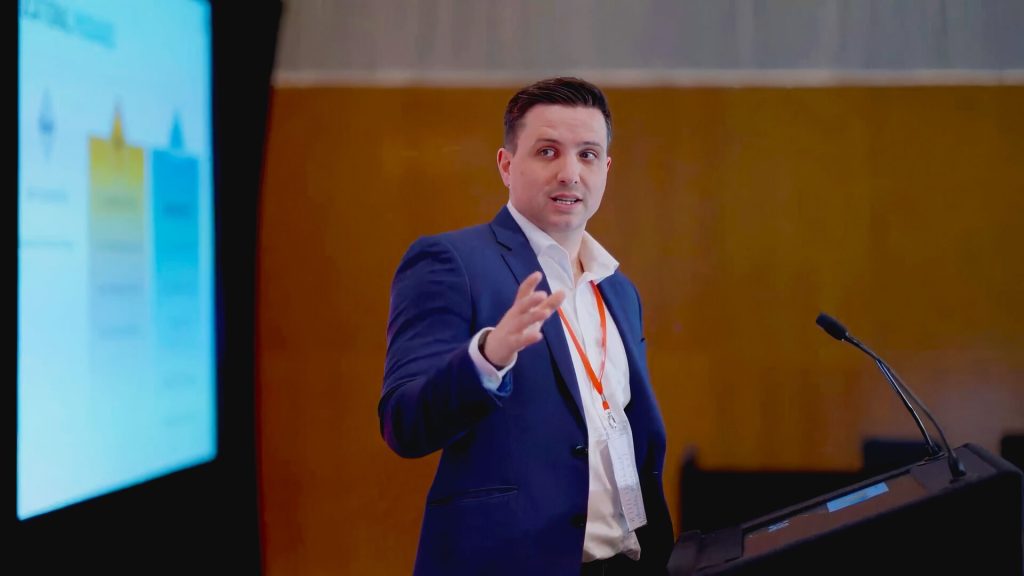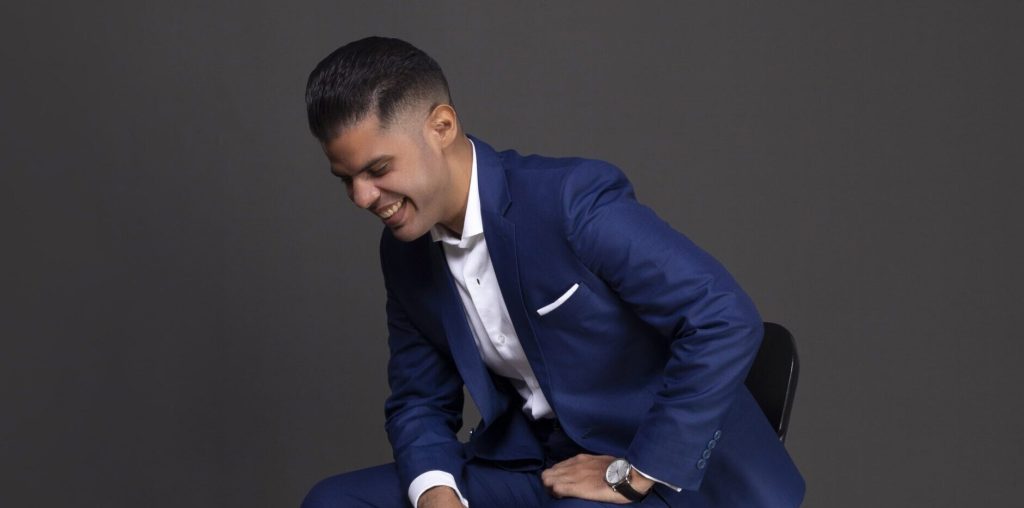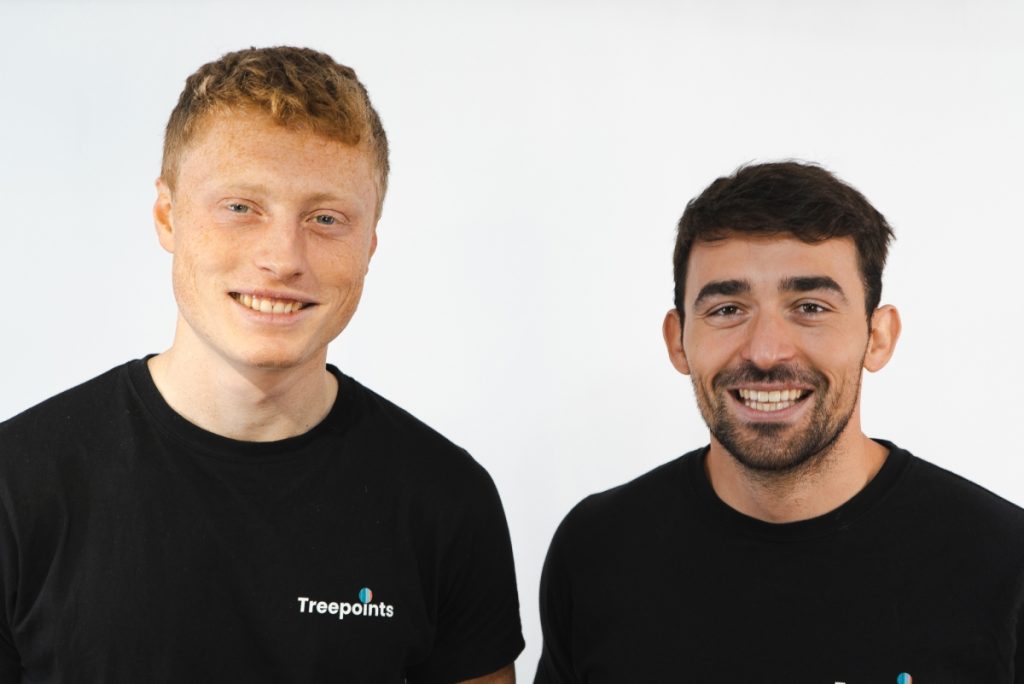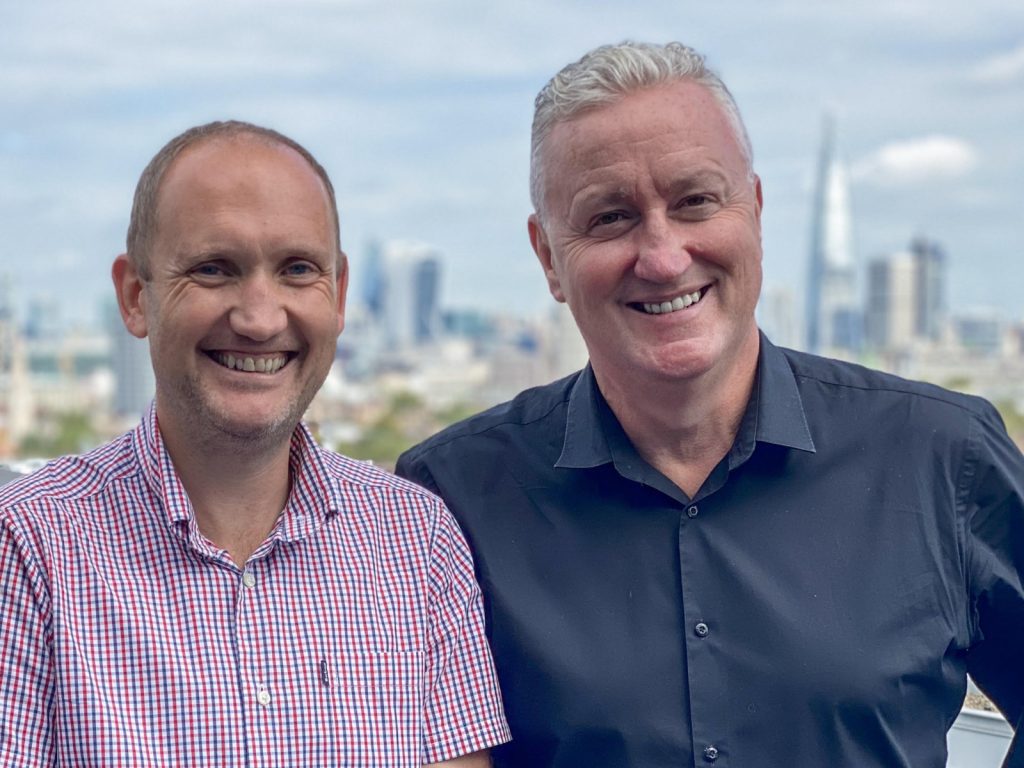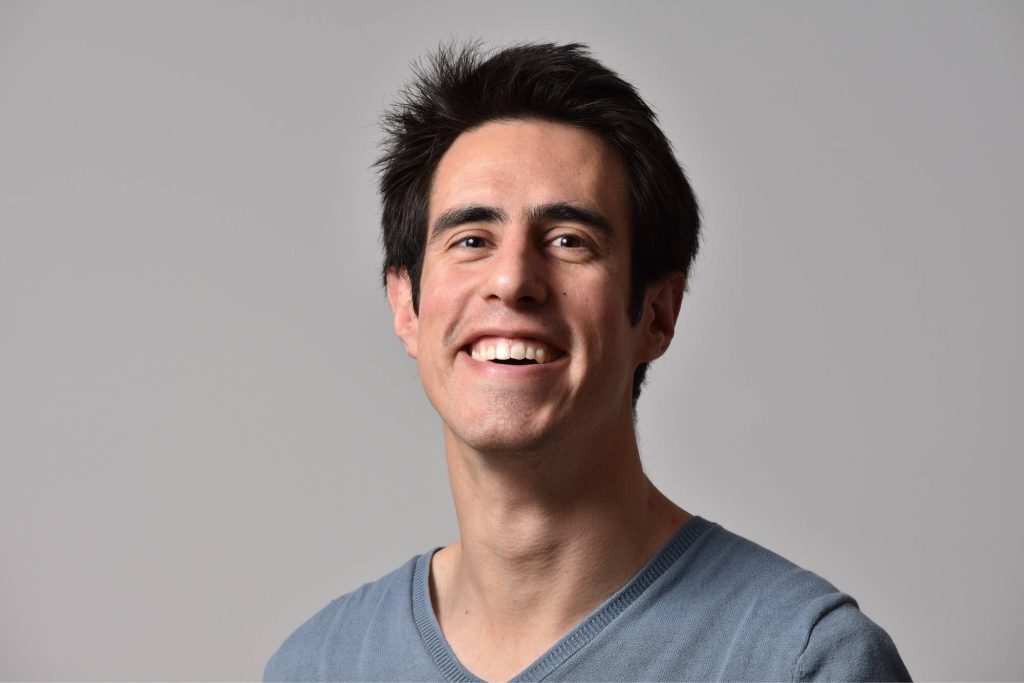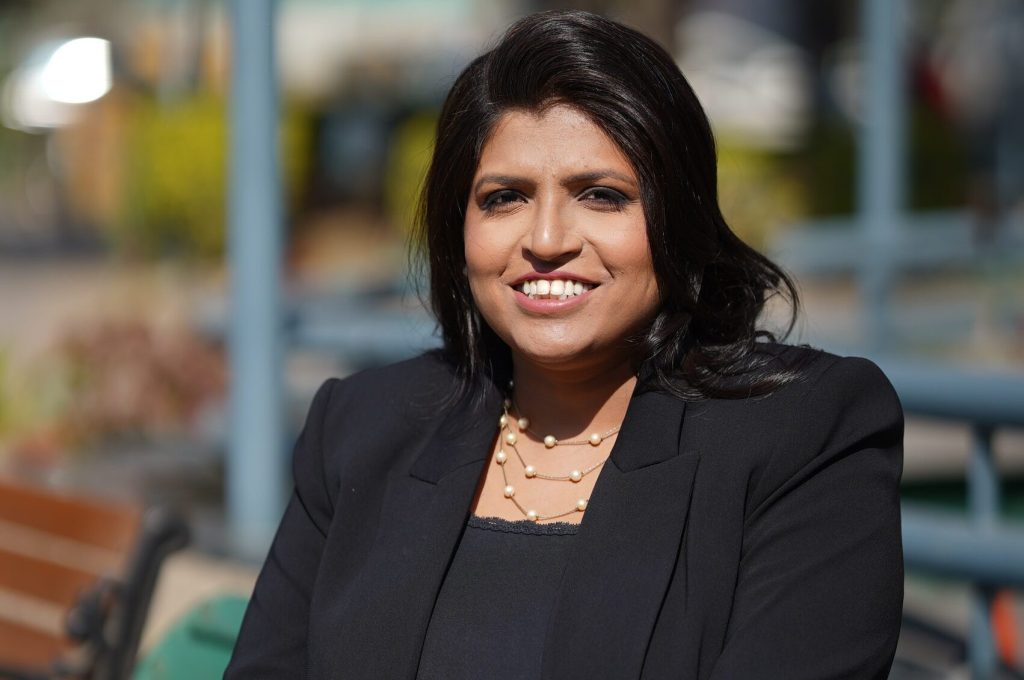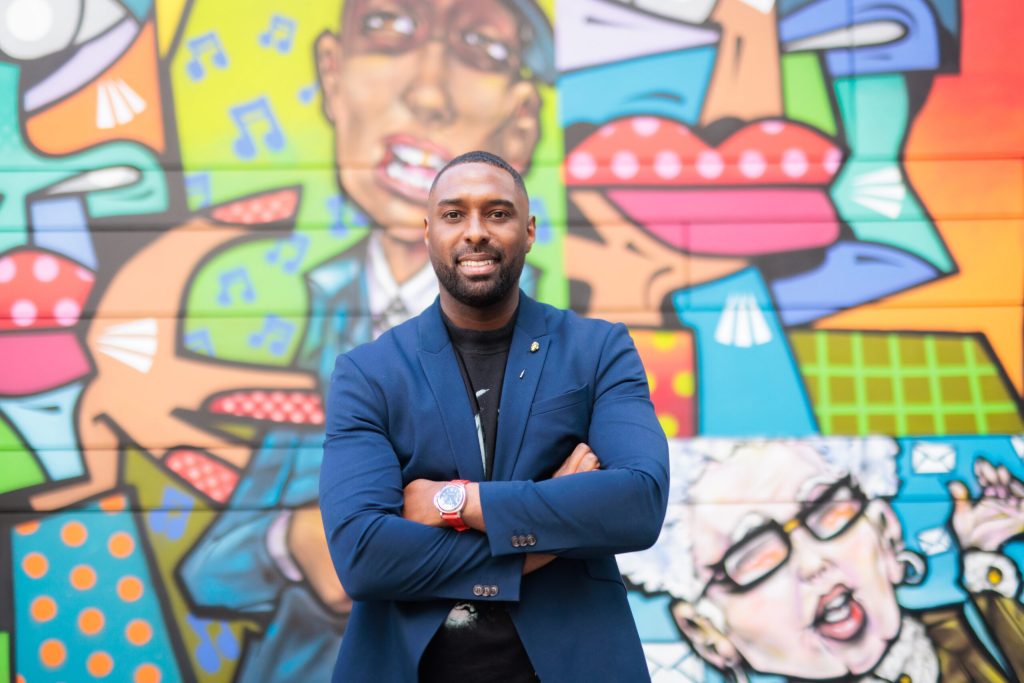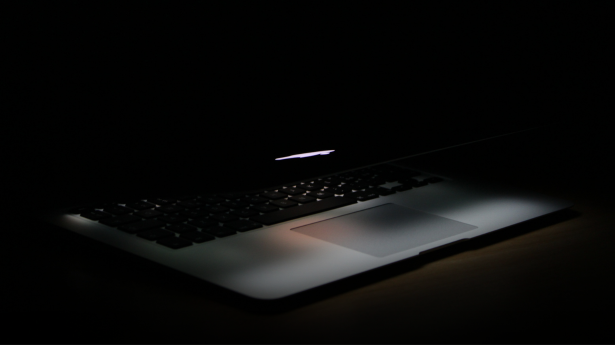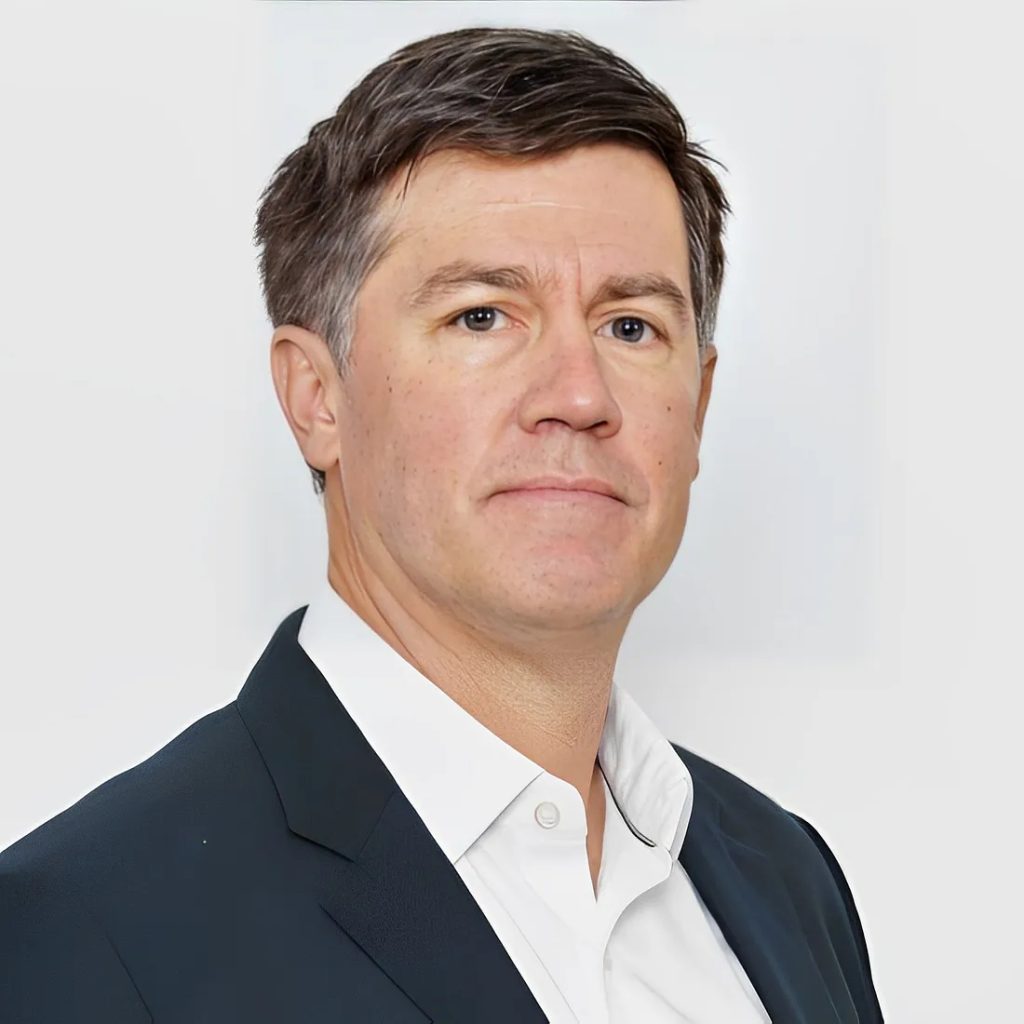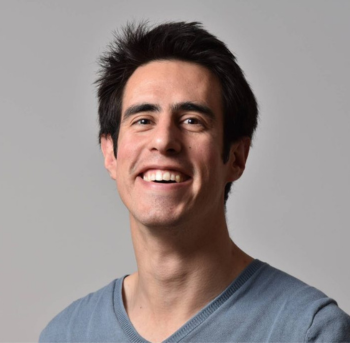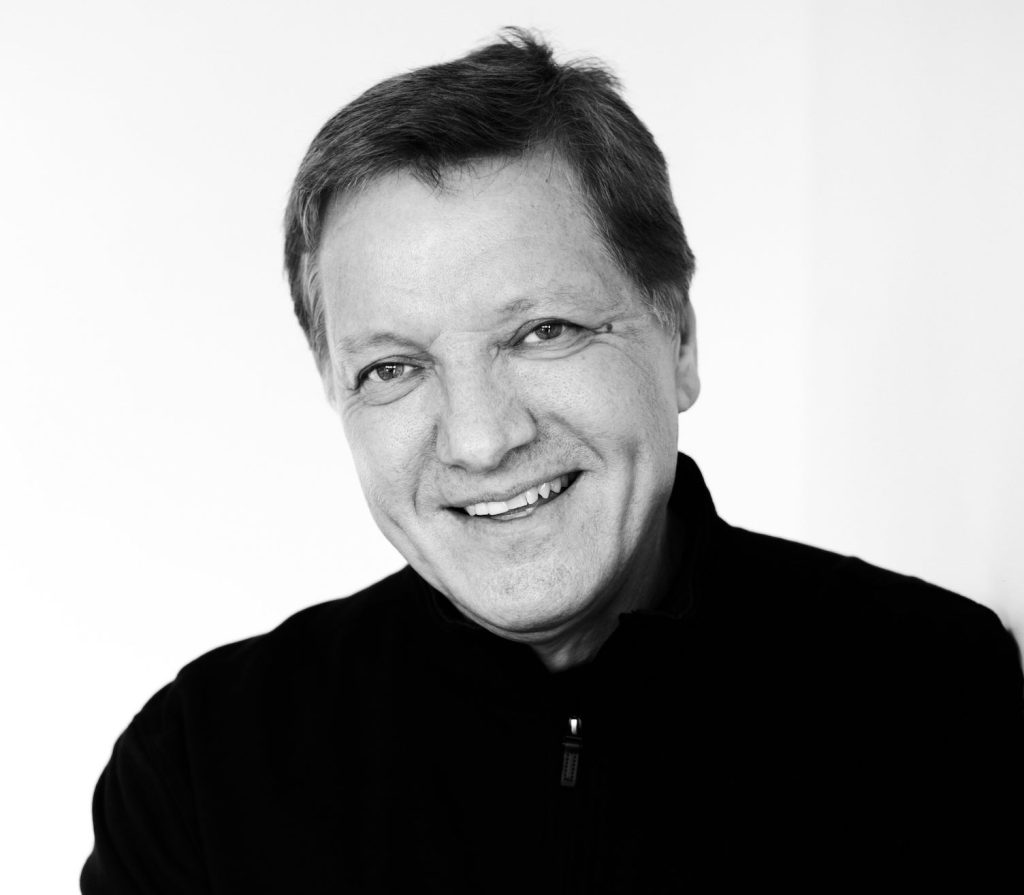
From VC to Vital Signs: How One Visionary’s Belief Transformed Health Tech – Laurie Olivier

“Believe in the reasons you and your company will be successful. Remember, there are always more reasons why you may not be successful—and don’t worry about these reasons. Keep focusing on your goals and objectives..” – Laurie Olivier
Today we feature Laurie Olivier, the founder at LifeQ. We hear their story in their own words, their successes, their challenges and their insights.
It’s great to meet you, Laurie. Let’s start by getting to know you. Can you please tell us a little bit about you and what you do?
I’m the CEO and Co-Founder of LifeQ, the leading independent provider of biometrics and health information derived from wearable devices used in world-leading health management solutions. I lead the firm’s growth, investment, strategy, and partnerships with global leaders in wearables, silicon manufacturers, digital platforms, and insurance companies.
We are proud to be a part of the movement toward improving health and wellness around the world. Founded in 2014, LifeQ has two key value propositions: enable wearable devices to provide business and near clinical-grade health information streams; and generate health and wellness solutions for consumer, business, and clinical applications. LifeQ offers a 24/7 lens into the body, generating actionable health insights from personal wearable devices—assisting in both diagnosing disease and illness and uncovering its root cause.
A great introduction and start to this interview. Can you please tell us, how did you start, from what age, and what made you decide to change direction and start?
I met my two co-founders, computational systems biologists Dr. Franco du Preez and Dr. Riaan Conradie in 2009 at a biotech business plan competition in South Africa where I served as a judge representing Emory University. What intrigued me was their ability to apply CSB to develop mathematical equations to describe the different functions, systems and organs of the human body, and in particular how all these systems interrelate.
Through this systems approach, I saw the potential for applying non-invasive sensors and to calculate outputs that otherwise have to be measured invasively through for example blood tests or expensive medical scans.
Thank you for that insight. So can you tell us…What does your business do and where is your company based?
LifeQ has offices in Atlanta, Amsterdam, and South Africa. LifeQ’s solutions go beyond an everyday smartwatch, generating business-grade biometrics for consumers, athletes, and the acutely and chronically ill to detect health problems earlier, manage their existing problems, and prevent illness.
Consumers, wearable device companies, insurers and reinsurers, health-tech companies, clinicians, researchers and analytics companies all benefit from LifeQ’s powerful capabilities—representing the future of healthcare.
What’s the story behind your success? What led to your aha moment? how did you get to where you are now?
Working in venture capital since the 1980s, I’ve seen the global impact of silicon and digital solutions. Over the past 30 years, I’ve watched the different technology waves change the world—but what was missing was digitally connecting the human to these solutions.
The idea that I had in mind was to look for non-invasive sensors to be connected to the human body (wearables, wearables, injectables) that, through the power of computational systems biology, could provide a real-time digital interface to various digital solutions—all in a GDPR-compliant manner.
At that time, no wearable device existed that could sense the body; only a Fitbit pedometer was available. I funded proof of concept wearable sensors and the development of models that could extract a variety of biometrics from these sensors. These biometrics then served as inputs to evolve models of human physiology, essentially describing the functioning of different systems in the human body in real-time. In the years to come, we expect to see greater utilization of wearables by consumers globally as well as the greater medical and clinical communities.
Thank you for sharing that. What’s been your life’s biggest lesson so far?
The problem with entrepreneurial startups is that you can undo three years of work in one day by missing an opportunity. You are always willing to make an extra sacrifice to push through to the last mile.
The worst boss you can have is yourself; we are often our own worst critic—especially as entrepreneurs. The best way to handle any ups and downs is to keep pushing forward. One of our prime goals is to provide insights to the medical community that they’ve never had: round-the-clock physiological data. Aside from technological advancements, the medical industry has not had any major disruptions in decades.
I was born in the 1950s, and often think of how basic healthcare was in the era when I was growing up. Today, for the first time, we can look into human physiology with a simple wristband and access longitudinal data – this can be revolutionizing.
If you are going to be emotionally pushed to an unbalanced place with constant adversity, you will never have a good life. You might want to take a corporate job that offers a more balanced lifestyle. If you’re in a startup, you have to be in it until you win—or die.
Be sure that everyone in your family understands what you are doing. As a startup, you know there will be ups and downs, and too often, startups are not successful. Entrepreneurs are taught to take risks and push forward in reasonable and sometimes unreasonable ways. The key is to remember that startups are not a sprint, they’re a marathon. You need to pace yourself.
If you were to go back in time, what piece of advice would you give to your younger self?
Never hand your keys to someone else. If you don’t have your finger on the pulse of what the success factors are for your company, this can be a serious disadvantage. You need direct control over these factors to have an impact.
One of the biggest parts about being an entrepreneur is that you understand that there’s no separation between work and life. If your vacation is not your vacation, you have a problem. The stresses and intensity of entrepreneurial work are unique; you need to love what you do.
I am pleased to share a recent interview I did with Longevity’s The Business of Health, titled Laurence Olivier and The Biometrics of Health and Longevity:
We’re nearly halfway through our interview so it’s a great time to ask how does your business run. What three tools make your business run better?
Companies who prioritize good communication and productivity need good collaborative software – this is very important. Slack is one tool we use. We invest in the best computers and hardware. In the deep sciences, you need the best lab equipment for testing.
What is being ignored is the way we communicate, which is monumentally important.
Today, not having a good videoconferencing capability would be limiting. Consider that I started my journey in the tech and VC worlds where faxes were the most cutting-edge tool to have. From this perspective, platforms like WhatsApp or WeChat are very powerful tools.
Let’s look at Formula One racing; if you look at the steering wheel of a Formula One car, you will find the most amazing thing on the dashboard. Because these speeds exceed the limitations of the engine, you need this data so you don’t burn it out or oversteer it.
That’s exactly why I think technology will be more important for entrepreneurs over time—if you want to drive things to their limits, and obtain a good view of your current state, wearables can help. I have one requirement when I travel, and that’s fitness. If I can’t keep my body healthy, all else will become unhealthy as well. Stay healthy with fitness, good nutrition, and sufficient rest, in order to maximize productivity.
What do you know now that you wished you had known before?
If you are going to be emotionally pushed to an unbalanced place with constant adversity, you will never have a good life. You might want to take a corporate job that offers a more balanced lifestyle. If you’re in a startup, you have to be in it until you win—or die.
Be sure that everyone in your family understands what you are doing. As a startup, you know there will be ups and downs, and too often, startups are not successful. Entrepreneurs are taught to take risks and push forward in reasonable and sometimes unreasonable ways. The key is to remember that startups are not a sprint, they’re a marathon. You need to pace yourself.

What has been your greatest or proudest achievement or moment?
On the pleasurable side of entrepreneurship, there is the reward of seeing something go from an idea to something that helps people and society. To get there, you have to develop a very thick skin and become desensitized to setbacks. Give yourself a good partner to help and support you, and this will make life better and help you get through the other ups and downs.
What future life goals do you want to achieve and why?
Everyone should have a wearable device—it’s the future of healthcare and a powerful preventative tool to improve and understand health. Without wearable devices, we are in the dark when it comes to our health. Imagine a world of hundreds of millions of cars without a proper dashboard. Humans are happy to live without a physiological dashboard, yet our bodies are so much more important! It’s more than a dashboard—it’s the future of healthcare.
Having a 24/7 lens on the body is a natural next step in the greater movement toward health. LifeQ is a leading provider of biometrics and health information derived from wearable devices, helping people live healthier lives. Biometrics are generally defined as the measurements taken on a person to help us to differentiate them from someone else.
The biometrics that we are interested in, are those that can tell us something about the healthy functioning or state of disease of the human body. This includes vital signs like heart rate and breathing rate, but also behaviors, like at what time someone goes to bed or how much they exercise.
High-resolution and continuous biometrics provide information on much more than basic behaviors and vital signs since variations in biometrics allow us to infer another layer of information that cannot be measured directly. An important aspect of biometrics is that we can detect anomalies, which are defined as rare events in a user’s data, by building sophisticated mathematical models of how all of their biometrics vary over time and by looking for times when the user’s data deviates from these patterns.
These anomalies provide clues that can be used to detect events that are either acute like the onset of a sudden heart arrhythmia or that are chronic, like atherosclerosis which causes gradual changes in the cardiovascular system. LifeQ follows a Computational Systems Biology led approach in the design of our solutions.
This allows us to incorporate knowledge of how different biometrics relate to one another at a causative level in health and disease and also makes it possible to involve domain experts right from the beginning when building models and designing solutions that would also incorporate machine learning. We look forward to changing the healthcare landscape for the better and empowering people with the tools needed for a healthier life.
To finish our inspire questions…”We believe that sharing inspiring words can inspire others.” If there was one positive thing you would say to someone to inspire and empower them what would it be and why?
As mentioned previously, applicable here as well: don’t hand your keys over! A founder’s job is probably the loneliest job you can have. Don’t use this as an excuse to outsource the decisions you need to make. Another piece of advice: be a thermostat, not a thermometer. You set the tone all the time. Don’t worry too much what other people say.
Also, never be so focused that you miss out on opportunities. Believe in the reasons you and your company will be successful. Remember, there are always more reasons why you may not be successful—and don’t worry about these reasons.
Keep focusing on your goals and objectives.
Get a mentor to build your confidence and provide guidance and insights. I like to call them believers, rather than mentors. Believers make you more sustainable; they inspire and motivate. Having the right mentors or believers can be a huge validation for a founder or startup.
“Thank you it has been great learning more about your founder story and LifeQ”
To learn more about LifeQ Visit www.lifeq.com
Inspired by this story? Please share this story and other founder stories.
Disclaimer:
The views, thoughts, information, and opinions expressed in the text, videos, and images belong solely to those of the individuals involved and do not necessarily represent those of Founderat.com and its corporate owners, employees, organization, committee, or other group or individuals.

